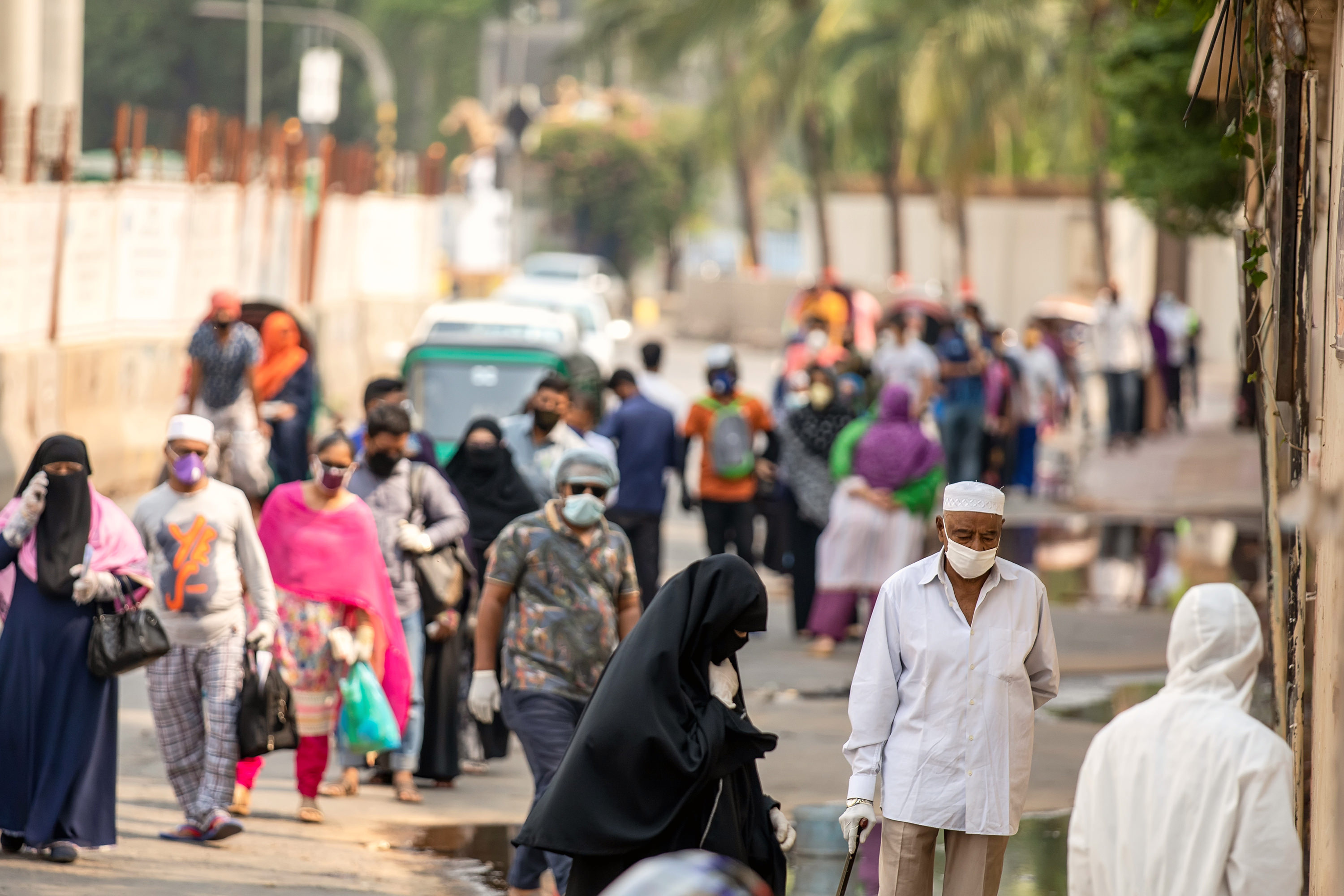COVID19 has paralysed the world over the last few months. To limit the spread of the disease, many countries adopted lockdown and social distancing measures. While these measures are seen as vital in containing the disease, they have also precipitated an unprecedented economic crisis. The crisis is hitting low- and middle-income countries (LMICs) harder on both the health and the economic fronts. Besides, the lockdown measures around the world have severely disrupted global supply chains since late January, forcing producers of immediate products to suspend production even before their own country goes into lockdown. These measures have hit Small and Micro Enterprises (SMEs) especially hard, and this group accounts for a large portion of production and employment in LMICs.
Bangladesh started a countrywide lockdown (‘holiday’) in late March. The lockdown has brought economic activities to a virtual halt, threatening the viability of industries and firms, and the employment, income, and livelihood of millions of households. Many who had migrated to towns and cities for low-pay, part-time, informal or contractual jobs are now out of jobs and without income.
This research project seeks to explore the impact of the coronavirus pandemic on SMEs and their workers in Bangladesh. This proposed project takes advantage of an ongoing research project in collaboration with BRAC, with funding support from GLM|LIC.
In our initial project, it focused on the impact of intensive training on decent work environment on firms and workers. In partnership with the implementing partner, BRAC, the research conducted a large scale RCT on light engineering firms in the informal sector. These firms are located across different districts in Bangladesh. The RCT consists of the following treatment arms: T1: Managers/owners of firms receiving intensive training on occupational health and safety (OHS); T2: OHS + business training and financial linkages; and C: firms in the control group receiving no training. As part of the evaluation of the project, it completed a survey of nearly 2200 firms in November-December 2019. Additionally, in the same time frame, it also surveyed about 1600 apprentices who took a training program from BRAC.
This proposed research project has two main objectives. First, it seeks to understand the current situation of these SMEs and their workers and compare it with the pre-COVID19 period. The research project will examine whether the effects of the lockdown measures vary by the OHS treatments. In particular, it will examine whether and how decent work environment training among owners and managers helps to maintain a healthy work environment for workers. This research will also examine a range of outcomes related to workers’ safety and health issues, social distancing measures, work environment and safety standards of firms. Second, they will examine the post-lock down situation and longer-term impacts of the COVID19 pandemic on firm survival, including business growth, investment and profitability. It will also examine the longer-term effects on worker wellbeing and worker turnover. It will link these measures with the information they already collected in 2019, just before the crisis. They will survey all 2200 firms and 1600 apprentices in collaboration with our partner, BRAC (its research wing, BRAC Institute of Governance and Development, BIGD). During the lockdown period, the project team will survey them over the phone. Based on their experience working with BIGD, they are confident that they will track most of the firms and apprentices as BRAC has an excellent grassroots network and continuing linkages with the firms. The survey time in each round will be kept to a minimum to ensure data quality and reliability. Each interview will take about 20-25 minutes. Using a structured and short questionnaire in each round/module, they plan to have three rounds of data to understand the situation at different intervals. The final round of data will be collected after the COVID19 crisis. The modules of the survey will cover firm revenue, output, number of days the firm stayed in production, number of days the firm shut down, borrowing or lending of firms, and the number of workers the firm retained during the lockdown period. The study will also obtain information on income/wage loss among workers and apprentices as well as by self-reported measures of worker’s physical and mental wellbeing.
The research team will pay particular attention to differential effects by gender since women may face a disproportionately higher burden after a job loss. While there are very few female owners/managers of firms, about 50% of the apprenticeship training participants are female. The research project will examine the lack of work or self-employment opportunities of the apprentices and the changes in family dynamics they experienced during this crisis. They will also assess both managers and workers’ mental health using an adapted version of the Perceived Stress Scale (PSS).
